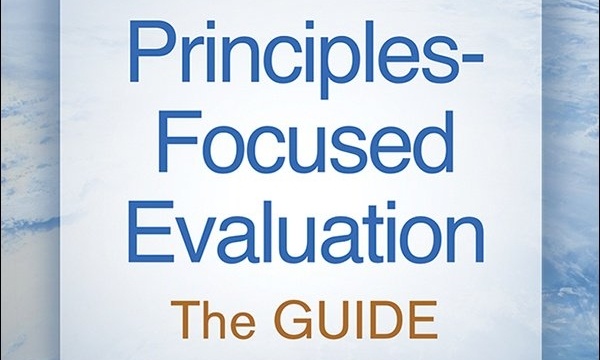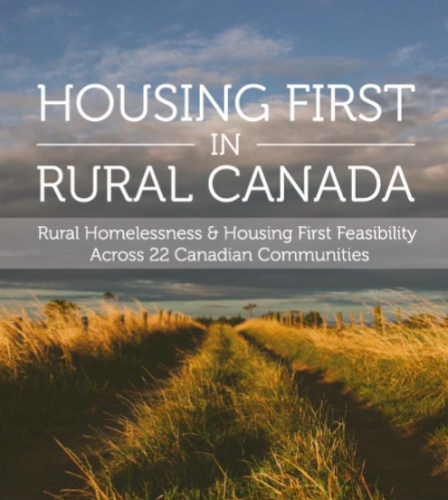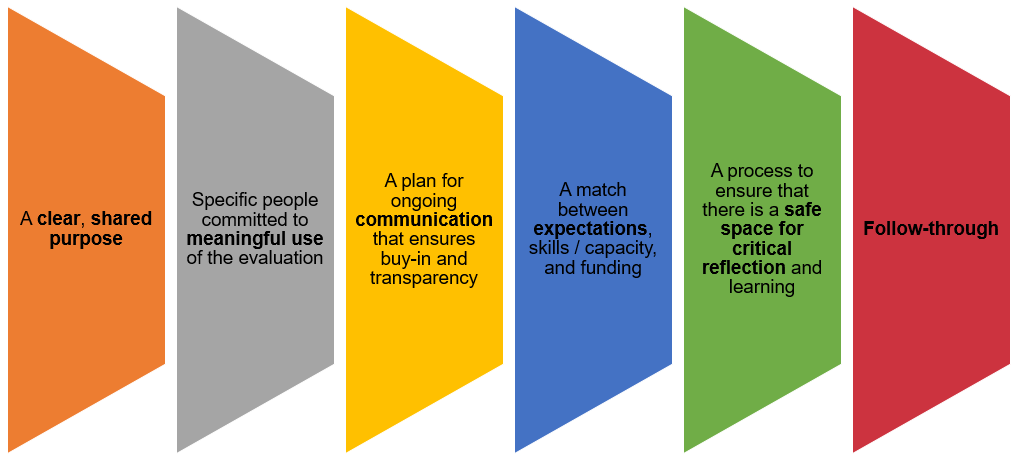How Do We Know We are Making a Difference in Our Neighbourhood Work?
I was speaking with Howard Lawrence from Abundant Community Edmonton about their work around neighbourhood development and we got talking about making a difference in our community and how do we know if anyone is better off because of the changes/activities that have been implemented. How do we measure change in our neighbourhood work? Howard told me about a tool called the Sense of Community Index that is used in the social science area to determine sense of community.
Read More






